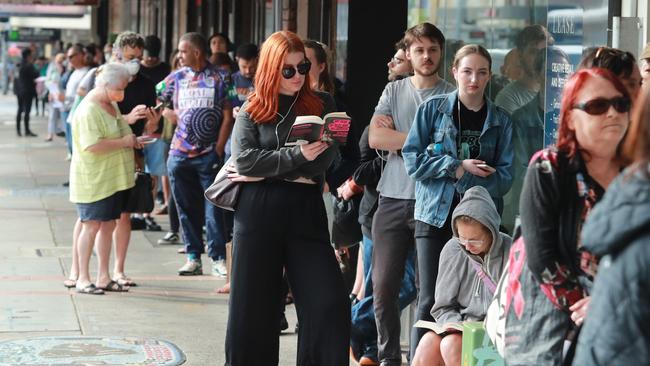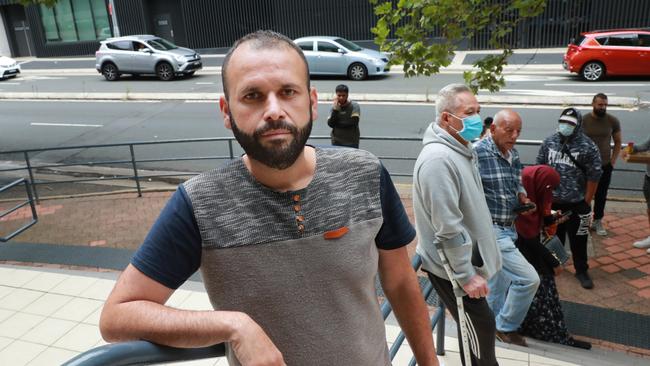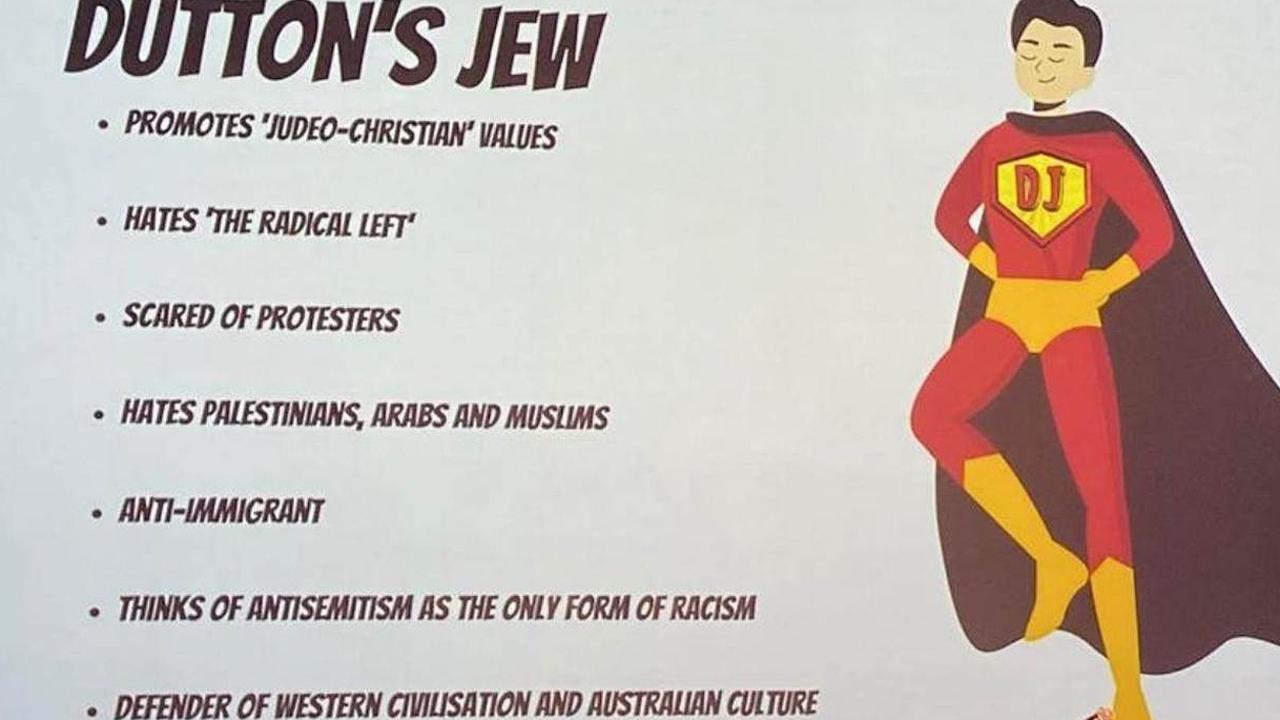Coronavirus: No trade spared as queues keep building
Shell-shocked Australians whose lives have been upended are continuing to swamp Centrelink offices.

A sparkie, an Uber driver, a barber. Shell-shocked Australians whose lives have been upended following the biggest day of mass unemployment in our history are continuing to swamp Centrelink offices.
At a stroke, an untold number of working people lost their livelihoods after the government ordered a shutdown of all pubs, clubs and cinemas in a bid to beat back the relentless spread of COVID-19.
They are still on the streets. Despite warnings that this day was coming, the IT systems that were supposed to make this process as seamless and remote as possible collapsed under the unprecedented weight of numbers.
Aside from adding to their stress, it has forced these people to do the one thing they have been told not to: stand cheek-by-jowl with their fellow Australian lest they catch the disease whose spread cost them their jobs in the first place.
At a Centrelink office in Bankstown in Sydney’s southwest, a staff member waited behind glass doors to greet those waiting in line. Wearing a surgical mask and blue latex gloves, she asked the same thing of everyone before admitting them.
“Have you travelled abroad in the last two weeks? Have you been in contact with anyone who has had coronavirus or coronavirus symptoms?’’
Until a week ago, Ali Allibawi was a barber in Newcastle. “There were no customers coming in,’’ the 25-year-old said. “They can’t afford you. Our job is very dangerous. You can’t avoid people.’’
The scarcity of work aside, the hazards of employment during the age of coronavirus was a common theme. Ahmed Saber threw in his job as an Uber driver out of fear he would contract the disease.

The 38-year-old father stopped driving on Sunday, having decided the risk was too great.
“It’s too dangerous,’’ he said. “You contact many people. You don’t know who’s affected, who’s not affected.’’
One woman who asked not to be identified lost her job at a restaurant where she had six or seven shifts a week.
She joins the end of the line with her friend, who groans at the size of the queue.
“Do you want to pay my rent? My bills?’’ she asks.
Aaron Ibbett is a 48-year-old electrician who had a string of jobs lined up until the pandemic hit. His job as a contractor yielded between $2500 and $3000 a week.
Now he’s lining up for the dole. “I’m going to have to get some money from my super,’’ he said. “I’m going to have to try (Centrelink). There’s nothing I can do until the work comes back.’’
Mohammad Moinan was driving a cab but work has dried up. “There’s no work, no passengers,’’ he said. “The airports shut down, the airlines shut down. Now pubs, restaurants.’’
For some, this is their second day queuing. One man spent hours lining up on Monday only to be told one of the documents he needed had to be in its original form, so he returned on Tuesday.
All can expect to wait for hours and on Wednesday there are likely to be even more as COVID-19 continues to cut a swath through the economy. Said one young man waiting in the queue: “It’s getting bad. It’s getting worse.’’


